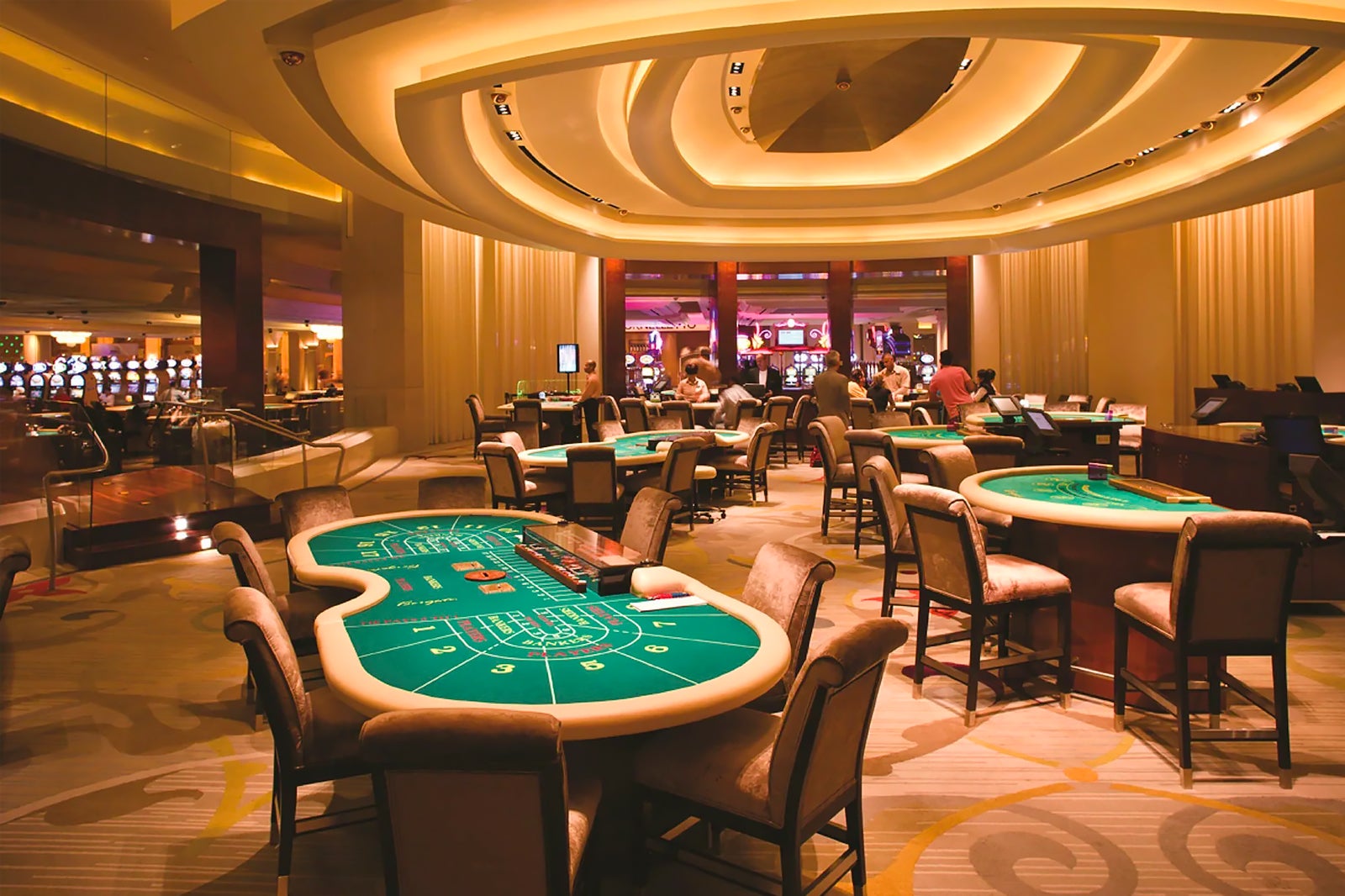
When we think of casino activities, the initial pictures that often cross our minds are those of spinning wheel wheels, poker chips clattering on fabric surfaces, and cubes flying across a gaming area. While numerous consider these activities as simple pastimes fueled by luck, a deeper exploration reveals a captivating blend of strategy, skill, and social interaction that elevates them well beyond simple chance. Whether you are a seasoned player or a inquisitive newcomer, grasping the subtleties of these games can greatly enhance your experience and understanding.
Gambling games have developed over hundreds of years, with various cultures contributing to their diverse histories and different forms. From the intricate strategies of blackjack to the deception tactics in poker, players engage in a battle of intellect as much as a risk on numbers. This exciting interplay between chance and expertise creates a thrilling atmosphere that draws countless people to casinos worldwide. As we delve into the world of card games, we will uncover the strategies that can shift the odds in your favor and the community elements that make these activities a favored choice for entertainment and engagement.
The Approach of Table Gaming
Casino gaming frequently combine a blend of ability and chance, making them fascinating for players who enjoy a challenge. Every title has their unique set of rules and strategies that can affect the results. For example, in games like 21, players are obliged to use tactics like counting cards and understanding the odds to make smart decisions. This expertise can greatly improve the winning potential, differentiating seasoned players from novices who may depend entirely on chance.
In contrast, titles such as the roulette may appear to be purely based on luck, but strategic thinking can also play into the equation. Participants can choose between various wagering tactics, such as the Martingale system, where they raise their wagers after a loss. This method can establish a more methodical way to the game. Grasping the probabilities of specific wagers can also assist participants make smarter decisions on the table, demonstrating that even in titles of chance, strategy can enhance the experience.
Additionally, the game of poker is notable as a game that heavily focuses on tactics. In contrast to most casino titles, poker merges ability, mental acuity, and luck. Participants must also concentrate on the cards they are dealt but also consider their rivals’ actions and betting patterns. Mastering principles like position, pot odds, and reading bluffing is essential for success. This complexity of strategy in the game of poker often creates to a more immersive encounter for players, as their choices and skills significantly impact the game’s outcome.
Comprehending Chance and Odds
In the domain of gambling games, likelihood and ratios play a vital role in deciding a gambler’s potential consequences. Every game has its own collection of principles that define how the chance of succeeding or losing is measured. https://hello88ac.com/ For case, in matches like blackjack, players have a chance to modify their odds through planning, whereas in games like the wheel, the outcomes are entirely dictated by luck. Comprehending how these chances are calculated can substantially impact how a player tackles the match.
Ratios are typically shown in two forms: fractional and numeric. Fractional ratios represent the ratio of the sum gained to the amount staked, whereas numeric ratios show the overall payout for a winning wager, including the stake. For instance, if a match has ratios of 5 to 1, this implies that for every one dollar bet, a player could win five units if they win. Understanding how to interpret these odds allows gamblers to assess their possible earnings and make more wise choices during play.
Gamblers should also be aware of the casino advantage, which is the casino’s built-in benefit over the players. Each match has a different house edge, and understanding this idea is important for handling one’s expectations and budget. Activities with a reduced advantage, such as 21 and baccarat, typically offer better ratios for players compared to games like slots and lottery. By understanding the relationship between chance, odds, and the house edge, gamblers can improve their gambling engagement and strategize more efficiently.
The Exciting Aspect of Casino Table Games
Table games at gaming establishments are often seen as a center of social interaction, bringing participants together in a collective experience that goes far beyond the mere act of gambling. The atmosphere at a poker table can be vibrant, with players engaging not only with the game itself but also with one another. Laughter, cheers, and, sometimes, playful teasing create connections that enhance the overall enjoyment of the gaming experience. This communal aspect can turn a alone endeavor into a dynamic gathering, making casino games particularly enticing.
One of the intriguing elements of gaming at tables is the way it fosters camaraderie among players. Whether it’s collaborating to defeat the dealer at a dice table or exchanging tales between hands in a card game, the environment encourages communication. Players often share tips or strategies, creating a sense of community that boosts the fun. This interpersonal atmosphere can make new gamblers feel included and less intimidated by the competitive nature of gaming. As the game progresses, friendships may form, leading to a sense of belonging that keeps players returning to the table.
Moreover, the social aspect of table gaming extends outside just the players. Dealers play a vital role in encouraging interaction and maintaining the flow of the game. Their ability to engage gamblers with friendly conversation and their expertise in running the table can create an inviting atmosphere. This relationship between players and dealers adds another layer of enjoyment, where players feel connected not only to each other but also to the staff. Such interactions are often what make the experience unforgettable, as players leave with stories to tell and relationships made, reinforcing the notion that table games are truly about more than just chance.